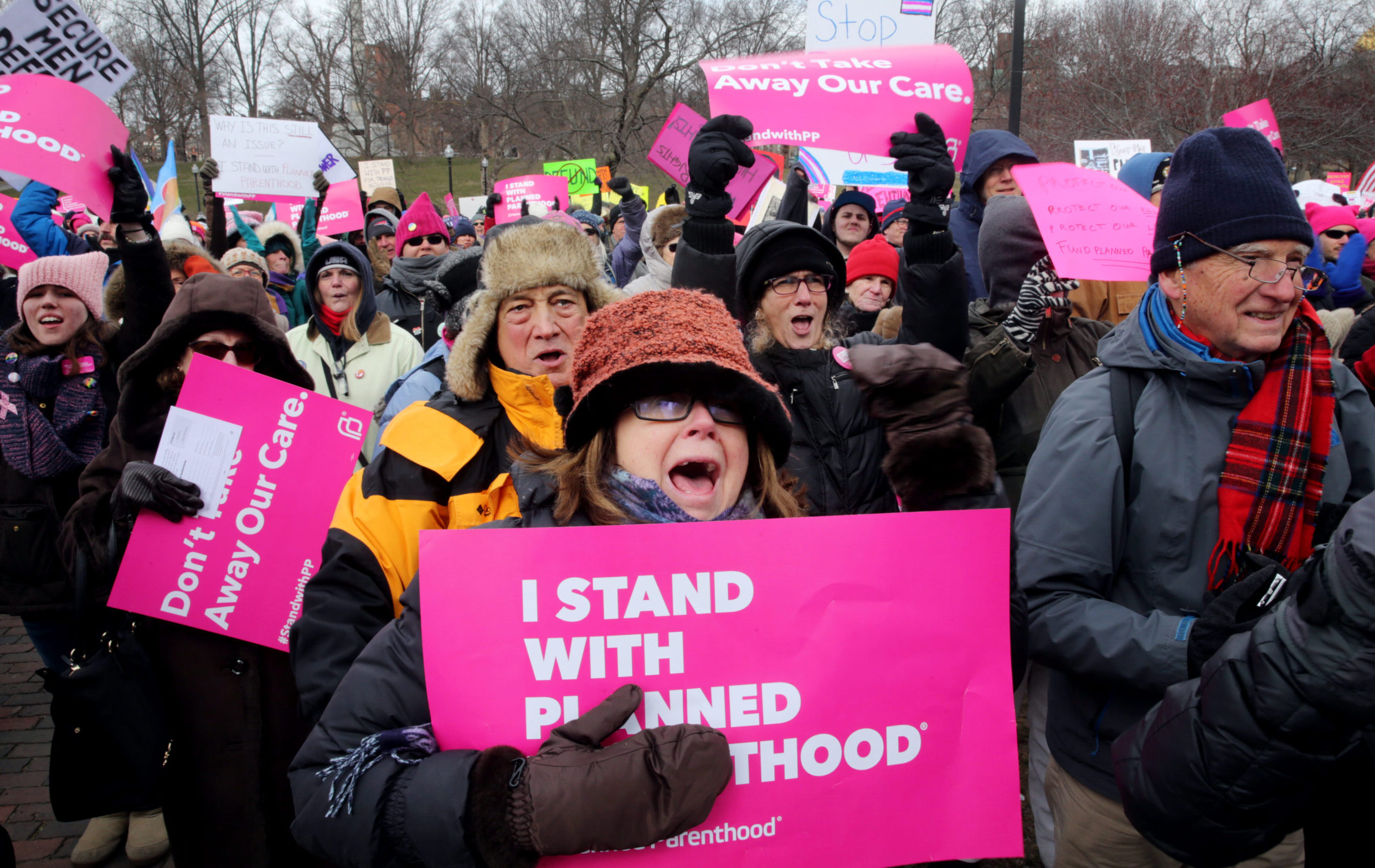Abortion Tourism Is the Next Frontier
California’s Gavin Newsom has underlined an interesting question with a shocking series of ads in red states.

Two young women are driving towards the Alabama state line. The driver is seeking an abortion, which is illegal in the state of Alabama. In the passenger seat, her friend encourages her that she will not get caught, since the two are almost out of the state. Less than a mile from the border, however, blue lights flash them over, and a law enforcement officer walks up to the car with a pregnancy test.
This is not a true story: It is a fever dream of an advertisement campaign launched in the state of Alabama this week by California’s Gov. Gavin Newson. In a stunning instance of intrastate political interference, Newsom has launched similar campaigns in Arizona and Tennessee, and is targeting Alabama specifically while state lawmakers weigh a bill that would penalize the act of helping a woman travel out of state to receive an abortion. Newsom might be playing a long game for the Oval Office—and this move would certainly suggest that—but his state also stands to benefit from abortion tourism, especially from neighboring Arizona. All this raises the question of whether there are any limits on the governor of one state influencing the politics of another.
It is hard not to see a bigger picture forming here, one in which leaving abortion decisions to the states to decide sounds increasingly impossible. Just this week, the Biden administration issued a new rule expanding the Health Insurance Portability and Accountability Act (HIPAA) to hide abortion medical records from law enforcement investigations. This is not merely a strategic move for the Biden reelection campaign but also unavoidably hampers pro-life wins at the state level. As the politics of abortion become increasingly contentious, and January feels like a long time to wait for making substantial moves, the political left is seizing power wherever it can be found to take this debate to the national stage, where they are confident the pro-death strongarm will prevail.
The HIPAA expansion means that women who receive abortions in states where abortions are illegal are now effectively immune to that state’s efforts to enforce its own law. While private medical information has been protected under most circumstances since HIPAA was created, it was also always available to law enforcement in special cases, such as in a criminal investigation. Now, by executive declaration, any information about an abortion is exempt from disclosure, even in criminal cases, making it practically impossible to prove an illegal abortion has occurred. Of course, national rules trump local laws, meaning states that do ban abortion are powerless to counteract the Biden administration’s new rule. The only recourse is through the presidency or federal law.
This is one reason why national legislation is inevitable: The left is already making national moves. Thus, the question is not whether abortion will be regulated nationally, but who will do the regulating: Will the right answer these moves? So far, Republican leaders seem to prefer running from the playing field, as Trump did in claiming abortion should be left to the states to decide, for fear of harming Republicans’ chances in November. And fair enough: Most polling on abortion regulation is not in Republicans’ favor. Meanwhile, the left is unafraid to make national abortion legislation a key goal. Some have even gone so far as to say that “any candidate who doesn’t outright promise to protect abortion rights at a federal level with proactive legislation has no regard for ‘the will of the people.’”
Subscribe Today
Get daily emails in your inbox
The story doesn’t have to end there, however. Forty Days for Life’s Shawn Carney recently compared the pro-life movement to the gay rights movement, the latter of which forced a mind-boggling pendulum swing from obscene fringe to corporate-backed ascendancy in the span of some 10 years: “After losing referendum after referendum, same-sex marriage advocates didn’t go away; they went for broke. Just three years after winning their first referendum, they achieved total victory on June 26, 2015 when the Supreme Court—wrongly in my opinion—redefined marriage for all 50 states with Obergefell.” In other words, the appearance of an uphill battle does not necessitate a loss, and most definitely does not preclude fighting back harder. Needless to say, this is not how the Republican Party has traditionally operated, but just as painfully obvious are the party’s results, which are further from the target today than ever.
Abortion tourism seems poised to force the question before Republicans are ready to answer. The practice has opened a load of state sovereignty questions which demand a higher authority to resolve. Does a state have a right to ban its residents from leaving? Can another state be permitted to interfere? Normally, a medical practitioner has to seek additional licensing to work in another state, but California is already working to offer reciprocity for Arizona OBGYNs who cross into the Golden State to perform abortions, incentivizing an exodus of doctors from the desert. Can Arizona protect itself, or the federal government protect Arizona, from such predatory behavior by neighboring states? These are questions for constitutional scholars, but they are being answered in real time by real political actors who care little for parchment barriers.
The “New Right” has made waves by claiming the mechanisms of the state may and should be used for the common good. Here is an issue where such power may be used without embarrassment.